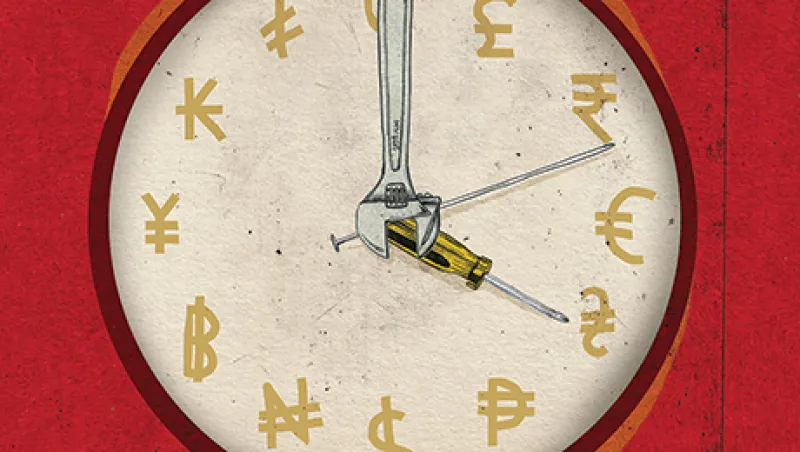
Daily London Currency Price Fixing May Need a Tweak
The scandal involving alleged manipulation of foreign exchange prices has prompted calls to adjust the timing of the daily 4 p.m. fixing.
Charles Wallace
January 22, 2014


